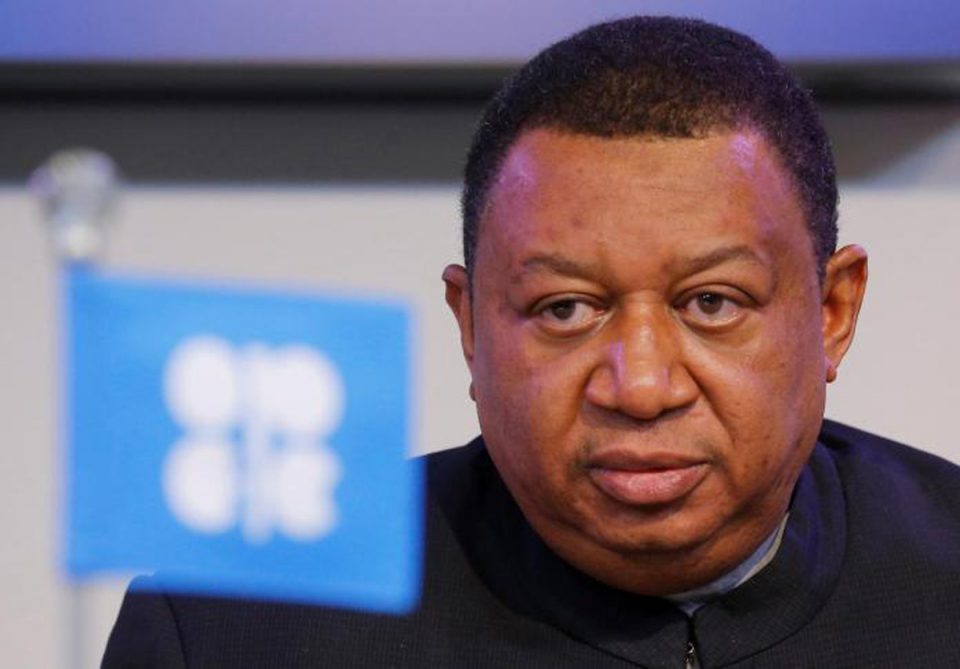The price of Brent crude oil yesterday dipped by $0.80 to $69.83 per barrel, representing 1.13 per cent decline at 15:09 hour.
The fall followed the United States President, Joe Biden’s plans to pressurise the Organisation of Petroleum Exporting Countries (OPEC) and its associates to increase their production.
CNBC reported that the decision came on the heels of rising gas prices.
The US believes that competitive energy would guarantee reliable and stable energy supply.
According to him, OPEC must work harder to boost the recovery.
In a statement, U.S. National Security Advisor Jake Sullivan said: ”We are engaging with relevant OPEC+ members on the importance of competitive markets in setting prices . Competitive energy markets will ensure reliable and stable energy supplies, and OPEC+ must do more to support the recovery.”
The OPEC Secretary-General, Mohammad Sanusi Barkindo had on July 28, 2021 told the 14th Nigerian Association for Energy Economics Annual International Conference in Abuja that oil would remain the largest contributor in energy mix till 2045.
Energy transition has been on the front burner in the industry with countries and companies instructing their operators to suspend investments in oil industry.
The receding investment has followd the climate change and its resultant 2050 zero carbon measures.
Presenting his position, Barkindo said: “It is vital for us to remember that oil will remain the largest contributor to the energy mix to 2045 with more than 27 per cent, according to the latest OPEC.’’
He however noted that renewables are developing most rapidly, but at the same time, the world’s economy is set to double and all resources will be required to meet this growing need.
He said cumulative investment of $12.6 trillion in the upstream, midstream and downstream is crucial through to 2045 in order to meet this need.
He recalled that investment in 2020 dropped by more than a whopping 30 per cent in the face of COVID-19, even worse than the dramatic declines seen in the severe 2015-2016 industry downturn.
Continuing, the OPEC scribe said the ”energy security risk that would result from too little investment would heavily impact both producers and consumers. Oil-producing developing countries, like Nigeria, would be particularly hard hit.
“History has shown that energy insecurity brings with it economic insecurity and geopolitical instability.
“All OPEC Members, including Nigeria, will have to re-strategize to maintain their positions in the new global
energy mix, including focusing on economic.”




